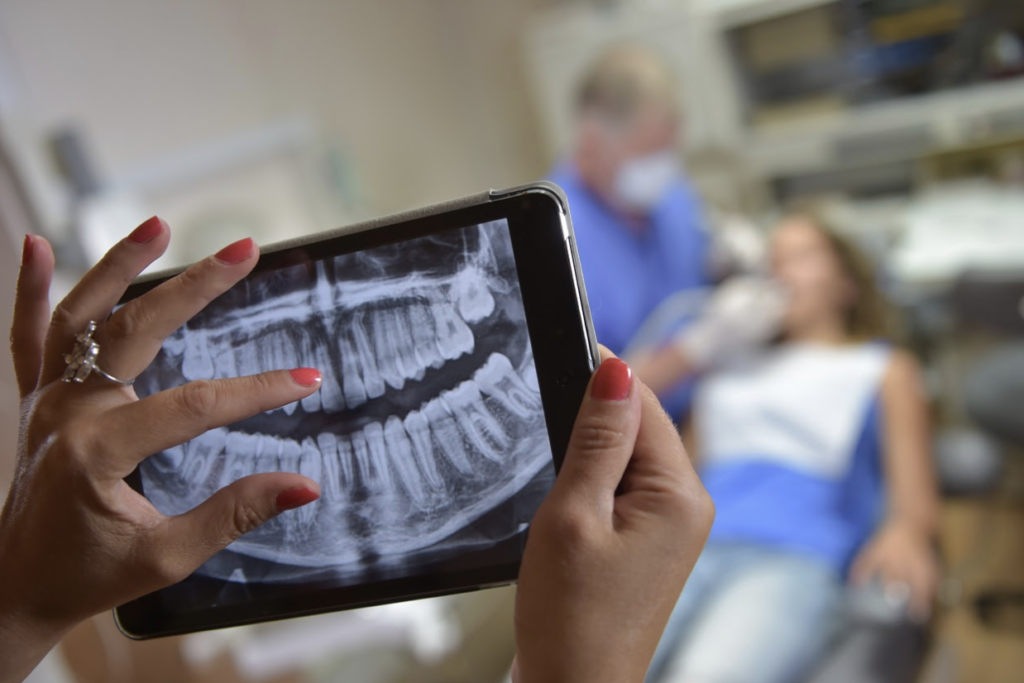
Orthognathic surgery, or jaw surgery, is a procedure with a plethora of applications. It is used for a wide variety of medical purposes, and may also provide cosmetic benefits. If you’ve been having problems with eating, speaking, or breathing, orthognathic surgery may be recommended.
What Can Orthognathic Surgery Fix?
Your jaw has two parts: the upper and lower, otherwise known as the maxilla and the mandible respectively. Some jaw complications are the result of the halves out of alignment and may require orthognathic surgery to amend. This can be the result of genetics or childhood habits like thumb sucking and mouth breathing that caused improper development. Common types of jaw misalignment that may require surgery are:
- An overbite, when the upper jaw protrudes over the lower jaw
- An underbite, when the lower jaw extends too far forward
- An open bite, when both sets of teeth do not meet properly when the mouth is closed
- dysfunction. The first, arthroplasty, is the removal of scar tissue surrounding the jaw joint to relieve pain. The second, arthrocentesis, uses sterile fluid to clean and disinfect the joint.
Choosing a qualified oral surgeon is essential to getting the right treatment for your needs. If you believe you may need orthognathic surgery, call us today to schedule a consultation. Our team looks forward to providing personalized and compassionate care.There are a number of other conditions that can be fixed with orthognathic surgery. These include:
- Chronic jaw joint pain, otherwise known as TMJ or TMD
- Breathing problems while sleeping, including obstructive sleep apnea
- Facial injuries that knocked the bone out of alignment
- Difficulties with biting, chewing, and swallowing
- Not being able to close the lips without straining
What Are The Cosmetic Benefits?
Orthognathic surgery can also help address a variety of cosmetic issues. The surgery can realign the jaw properly to repair facial injuries. In others, it can help to fix imbalances that are the result of genetics, such as crossbites.
What Types of Orthognathic Surgery Are There?
There are four common types of orthognathic surgeries available. The right one for the patient depends on the severity of the misalignment and what conditions need to be treated. The different types of surgery are:
- Maxillary osteotomy, or upper jaw surgery, is used to correct receded maxilla. The position of the bone is adjusted and fixed in place using screws and metal plates. This procedure corrects overbites and crossbites.
- Mandibular osteotomy, or lower jaw surgery, is the inverse and adjusts the position of the mandible. This treatment is used to correct underbites.
- Genioplasty, or chin surgery, can also be used to correct receded lower jaws. It is often combined with a mandibular osteotomy in the same operation.
TMD Surgeries, which can be one of two procedures to correct temporomandibular joint.
Has your general dentist or other healthcare professional recommended orthognathic surgery to improve your life? Contact our oral surgery office in Orland Park, IL to schedule a consultation with one of our doctors.















